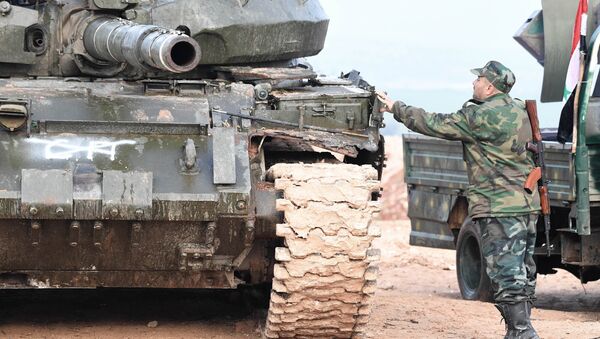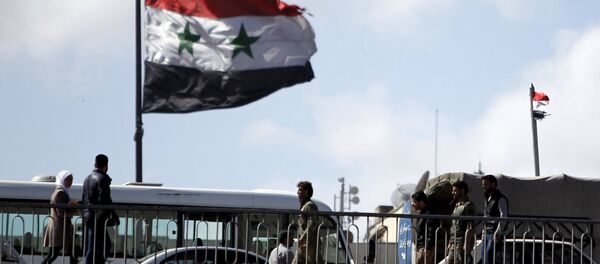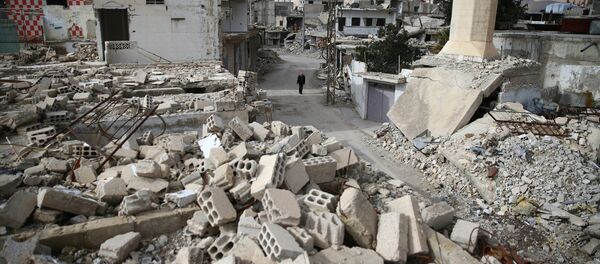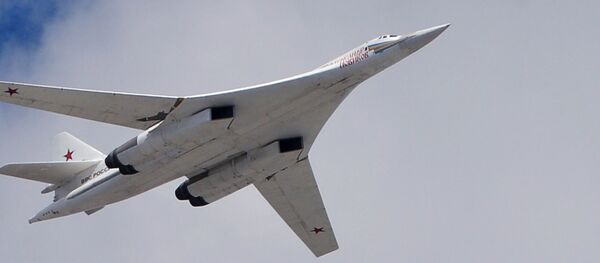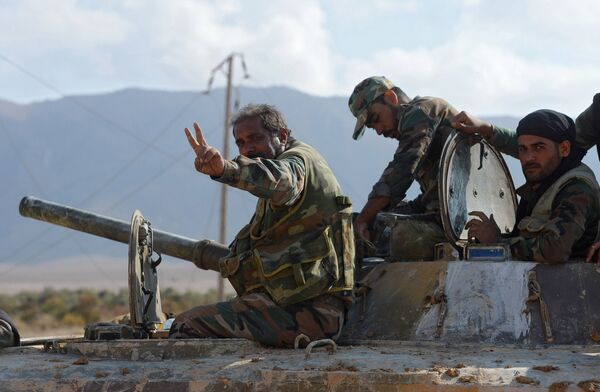Meeting in Astana, Kazakhstan on Thursday, Russian, Iranian and Turkish negotiators adopted a document to set up the safe zones. According to the memorandum, the guarantor states "agreed to create de-escalation zones in Idlib province and parts of the neighboring provinces (Latakia, Hama and Aleppo), certain parts in the north of Homs province, Eastern Ghouta, [and] certain parts of Syria's south (Daraa and Quneitra provinces)."
Damascus welcomed the initiative, saying that it looked forward to discussing the details of its implementation as soon as possible. Russian Foreign Minister Sergei Lavrov, for his part, voiced the hope that the safe zones initiative would "be an important step toward strengthening the ceasefire."
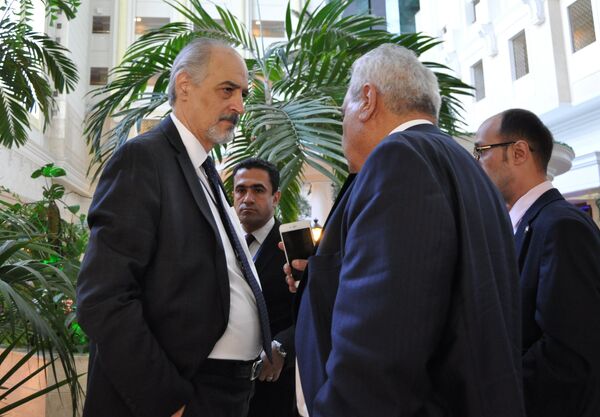
Turkish President Recep Tayyip Erdogan, who held talks with Russian President Vladimir Putin earlier this week, also praised the initiative, saying that if implemented, it will play a crucial important role in helping to bring Syrian the conflict to an end. The US, for its part, also welcomed the effort.
Amid the Syrian crisis, Turkey and the US have played key roles in supporting anti-government militants, which have been referred to in the Western press as the 'moderate opposition'. Observers say that if Ankara can convince the Syrian opposition forces it supports to comply with the safe zone arrangement, it would play a major role in bringing the crisis closer to resolution.
For their part, Russian analysts have generally praised the safe zones initiative, but added that Moscow shouldn't get ahead of itself in seeing it as some kind of catch-all solution to the Syrian crisis.
Karine Gevorgyan, a political scientist specializing in Middle East affairs, told Radio Sputnik that by all accounts, the agreement on the safe zones may mark an important turning point in the quest for a Syrian settlement.
"These four zones need to be demilitarized first, and this is not a process that can be completed in one day," the expert said. "But in any case, what we are witnessing is an important turning point – that is, a kind of agreement between the United States and Turkey on the one hand, and Russia, [Iran] and the Syrian government of Bashar Assad on the other," she added.
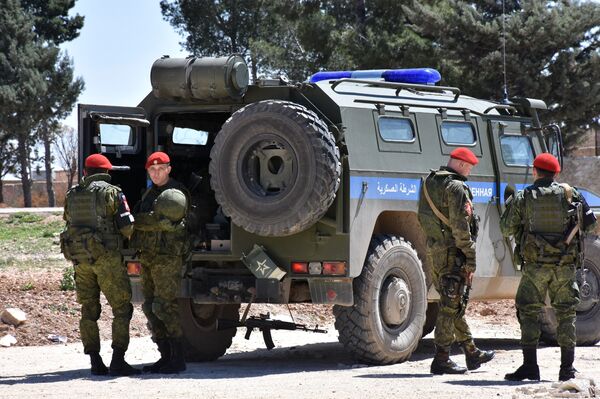
"There is forward movement, and now the question is how to implement it in practice," Gevorgyan explained. "Foreign Minister Lavrov said that he is hoping for a turning point. We will hope, but at the same time will keep our gunpowder dry, so to speak."
"And considering the means we have to control the airspace over Syria, we do have a certain advantage, a strong position in these agreements," the political scientist emphasized.
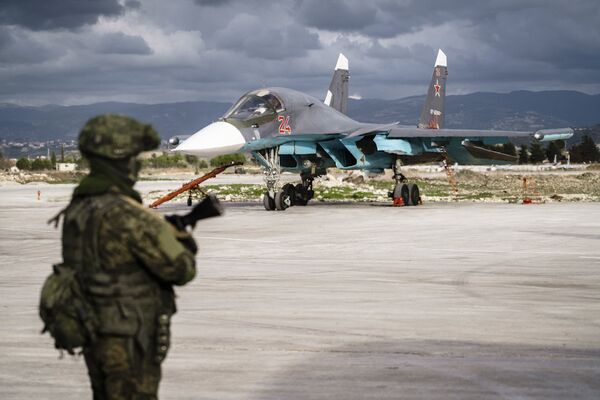
"Our dialogue partners in Astana promised this. But the US somehow slyly evaded questions related, for example, to the Nusra Front terrorists [the al-Qaeda offshoot in Syria]. They recognized the group as a terrorist organization, but we have repeatedly caught them red-handed cooperating with the group in some areas of Syria. Apparently, now the US will have to keep their promises. This process will be quite long. Whether Washington will be able to cope with it remains a big question for me."
In any case, Gevorgyan stressed that whether or not the safe zone agreement actually pans out, "we have at least some agreement, which relieves tensions and expectations of a conflict darn near close to World War Three."

